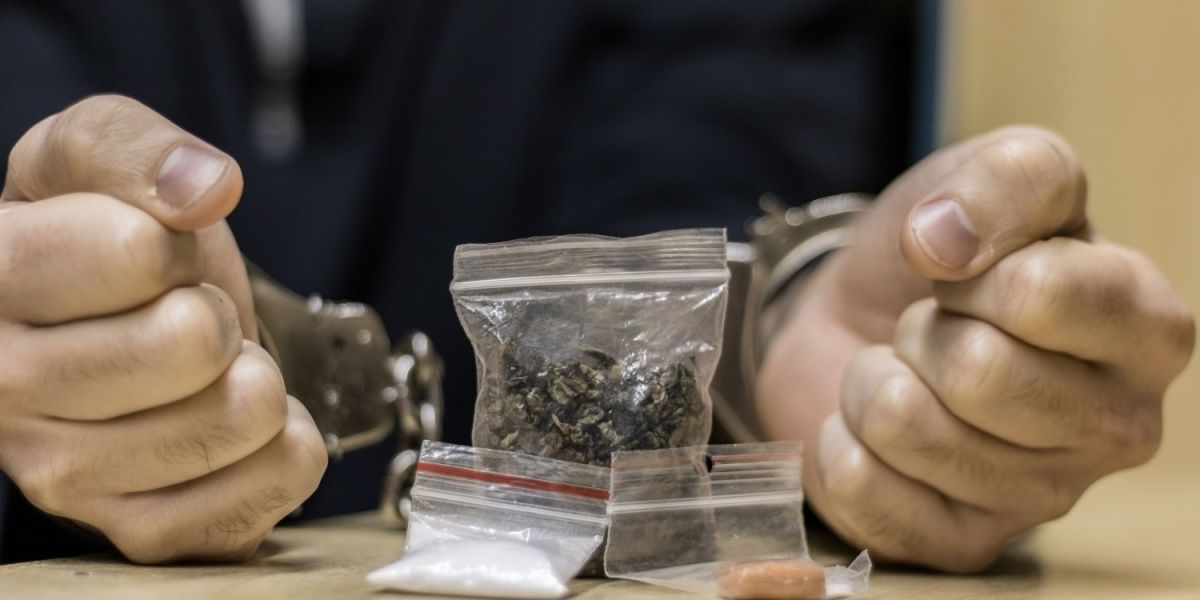Methylphenidate is a stimulant medication used to treat ADHD and narcolepsy. It is a Schedule II controlled substance due to its potential for abuse and addiction. Methylphenidate should always be used exactly as prescribed. Taking methylphenidate without a prescription, in large doses, or by nonmedical administration methods can lead to adverse effects, addiction, and overdose.
- Methylphenidate is a stimulant medication prescribed to treat ADHD and narcolepsy.
- Methylphenidate is an effective medication but has the potential for abuse and addiction, so it is classified as a Schedule II controlled substance.
- Using or possessing methylphenidate without a prescription, or selling methylphenidate, is illegal and can result in legal consequences, including fines and prison time.

Legal classification: Is methylphenidate a controlled substance?
Methylphenidate is a Schedule II controlled substance.
Methylphenidate is a central nervous system (CNS) stimulant medication used to treat attention-deficit/hyperactivity disorder (ADHD) and narcolepsy. Like other stimulant ADHD medications, methylphenidate is a Schedule II controlled substance due to its risks of abuse and addiction. [1]
Methylphenidate is available in various forms, including tablets, capsules, and oral liquids. There are many different brand names for methylphenidate, including Concerta and Ritalin, and versions including immediate-release, extended-release, and long-acting. [2]
Risk of misuse
Methylphenidate and other ADHD medications are widely misused for their euphoric effects or to improve attention and alertness. People who are prescribed the medication might misuse it in these ways or give or sell it to others for misuse. This risk contributes to its controlled substance status. [1]
Risk of addiction
Methylphenidate is highly addictive, particularly when used in large and frequent doses. It is a CNS stimulant that increases dopamine levels, which contributes to its euphoric effects, repeated use, and addiction potential. [3]
Methylphenidate abuse and addiction can lead to psychiatric changes such as: [3]
- Depression
- Paranoia
- Psychosis
- Suicidal ideation
- Delirium
- Aggression
- Panic
- Anxiety
It may be necessary to utilize professional support to manage methylphenidate addiction and misuse, and associated symptoms.
Medical vs. Nonmedical use and legal implications
Methylphenidate is only available on prescription after a physician has made a diagnosis. To adequately manage symptoms of these conditions, it should be taken exactly as prescribed. For people with ADHD, it can help to reduce impulsivity and improve attention. For people with narcolepsy, it can help prevent daytime sleepiness. [4][5]
Any other use of methylphenidate is illegal, even if it is used by people with a prescription. People misuse methylphenidate by: [1][3]
- Taking large doses without a prescription or larger doses than they are prescribed
- Administering methylphenidate in nonmedical methods, such as injecting or snorting
- Using methylphenidate to produce feelings of euphoria or enhanced alertness
- Selling or sharing methylphenidate with others
- Using methylphenidate alongside other substances to produce enhanced effects
Methylphenidate is not produced clandestinely, which means that the illicit supply of the drug is through dispensed prescriptions. People might obtain a fraudulent prescription, steal from others, or buy the medication. Some attempt to gain multiple prescriptions from different doctors in order to gather large quantities of the medication, known as doctor shopping, which can then be used personally or sold to others. [1]
Possession of methylphenidate without a prescription and selling or sharing methylphenidate are illegal and can result in fines and prison sentences.
Safe management and storage strategies
Methylphenidate should be obtained only with a prescription from a medical physician and dispensed by a licensed pharmacy. Never take illicitly obtained methylphenidate, as this is illegal and its contents may differ, potentially leading to harm. Always take the medication exactly as prescribed, never taking larger or more frequent doses than prescribed.
The prescribing physician will plan routine medication reviews to ensure the medication's safety and effectiveness.
Store methylphenidate in a safe place, where it cannot be accessed by other people, children, or pets. Never share or sell methylphenidate, as this is illegal and potentially harmful.




